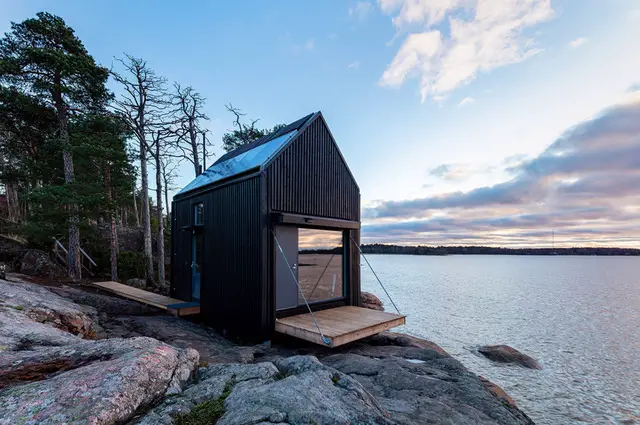Are you considering going off-grid in Maryland and relying on solar power as your primary energy source? Before making the switch, there are crucial factors to consider to ensure a successful transition. In this article, we’ll explore what it means to go off-grid with residential solar panels in Maryland, the legal considerations, and the practical aspects you need to know.
Going off-grid means disconnecting from privately managed utilities such as electricity, gas, sewer, and water. This lifestyle choice offers independence from traditional utility providers but requires careful planning and investment in alternative energy sources like solar power.
Legal Considerations in Maryland
While going off-grid with solar is technically legal in Maryland, there are several important factors to navigate:
Codes and Regulations
All dwellings in Maryland, whether on or off-grid, must adhere to zoning ordinances and applicable building code requirements. Maryland is known for its stringent building codes, including the International Residential Code (IRC), National Electrical Code (NEC), and specific codes for Authorities Having Jurisdiction (AHJ). It’s essential to consult local authorities and obtain necessary permits to ensure compliance with regulations. Below is a list of specific codes that must be adhered to:
-
2018 International Building Code (with amendments)
-
2018 International Residential Code (with amendments)
-
2015 Existing Building Code (with amendments)
-
2018 International Plumbing Code (with amendments)
-
2018 International Mechanical Code
-
2018 International Energy Conservation Code (with amendments)
-
2012 International Green Construction Code (with amendments)
-
2018 National Fire Protection Code NFPA 1 (with amendments)
-
2017 National Electrical Code NFPA 70 (with amendments)
-
Additionally, there are specific codes for Authorities Having Jurisdiction (AHJ). You can find those here.
Water and Electricity Requirements
Off-grid living in Maryland requires provisions for water and electricity. Many counties may not permit “true off-grid” setups, insisting on connections to municipal sewer or water systems. Understanding local regulations and requirements is crucial when planning an off-grid solar system.
Practical Considerations
Design
A typical solar system generates power during the day and draws energy from the grid at night. However, off-grid setups require additional considerations, particularly in terms of energy storage. Battery storage systems are essential for storing excess solar energy generated during the day for use during periods when the solar panels aren’t producing electricity, such as at night or during cloudy days.
Battery Storage
Investing in a reliable battery storage system is critical for off-grid solar setups in Maryland. The batteries must be capable of storing enough energy to meet your household’s needs during periods of low solar production, such as at night or during winter months with shorter days. Adequate battery capacity ensures uninterrupted power supply and resilience during adverse weather conditions.
Cost
The upfront cost of transitioning to off-grid solar in Maryland can be significant. In addition to solar panels and battery storage systems, you’ll need to factor in installation costs, maintenance, and potential upgrades. At Energy Select, we typically say it is about three times more expensive to go off-grid versus staying on-grid. This is mostly due to the requirement of a larger solar system, a large number of batteries, and the additional permitting required.
Conclusion
Going off-grid with solar in Maryland offers the opportunity for energy independence and sustainability. However, it requires careful planning, adherence to regulations, and investment in suitable infrastructure. By understanding the legal considerations, practical requirements, and cost implications, you can make informed decisions when transitioning to off-grid solar living in Maryland.
Get a Free Quote


